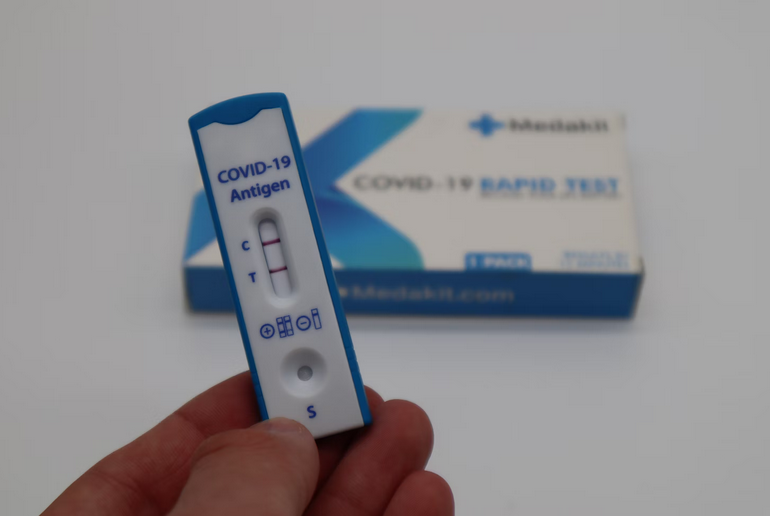LPR or laryngopharyngeal reflux is a condition in which acid from the stomach travels up to the throat. There are no specific symptoms of this kind of condition, but mostly, they are felt on the area of the throat, which include hoarseness of voice, sore throat, a feeling of a lump in the throat, difficulty in swallowing, chronic cough and frequent throat clearing, among many others.
Much has been said about the causes and treatments of LPR. But most often than not, these are myths and have no scientific and medical basis. LPR is developed when pepsin, which is a protein in the stomach, is carried with the reflux acid up until the throat. Although this protein should not be active because the throat does not have the acidic environment of the stomach, it gets activated with the acidity of the reflux and the acidic ingestion of acidic food and drinks. The activation of the pepsin in our throats causes the many symptoms that are felt in the throat area.
The following causes of LPR are those that are physiologic in nature, so they are well researched and are bible-truth.
 Esophageal Sphincter Malfunction
Esophageal Sphincter Malfunction
At both ends of the esophagus are sphincters. These sphincters should prevent the backflow of ingested food. The sphincter between the pharynx and the esophagus is called the upper esophageal sphincter or UES, and the sphincter between the esophagus and stomach is called the lower esophageal sphincter. When these sphincters malfunction or they do not prevent the backflow of acid reflux, a patient has LPR.
There are no scientific explanations of why these sphincters do not function normally. Still, some theories point to over-eating, weight-lifting, and some food groups such as chocolate and caffeine as probable causes.
Abnormal Peristalsis
The esophagus has a wave-like motion called peristalsis. This motion aids in the movement of food from the oral cavity down to the stomach. When there is a disturbance on the normal motion, reflux acid is carried out from the stomach up to the throat passing through the esophagus. When this happens frequently, the esophagus can be damaged by the acidity of the reflux, which can add to the multitude of symptoms of LPR.
 Stomach Motility Problems
Stomach Motility Problems
When there is a problem with stomach motility, it means that the stomach has difficulty in emptying it from the food in it. When this happens, which is called gastroparesis, the pressure is built within the stomach, which can now cause the esophageal sphincters to open, causing reflux acid to burst out to the esophagus.
Pyloric Sphincter Obstruction
The pyloric sphincter is located between the stomach and the small intestine. This regulates the entry of digested food into the small intestine. When it is blocked, there will be no movement of food from the stomach to the small intestine. Increased pressure in the stomach will push reflux acid into the esophagus and up to the throat.


 Esophageal Sphincter Malfunction
Esophageal Sphincter Malfunction Stomach Motility Problems
Stomach Motility Problems

